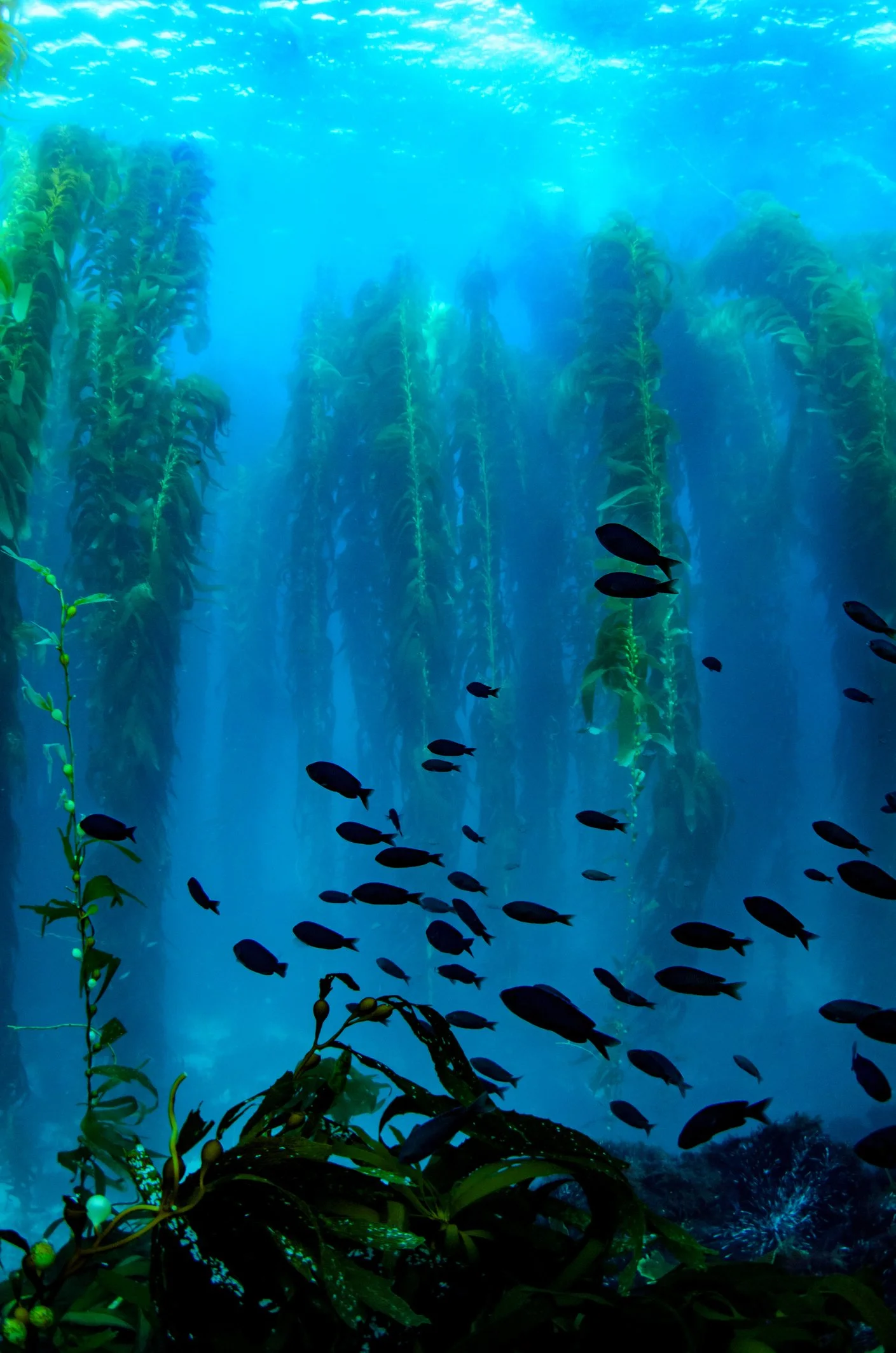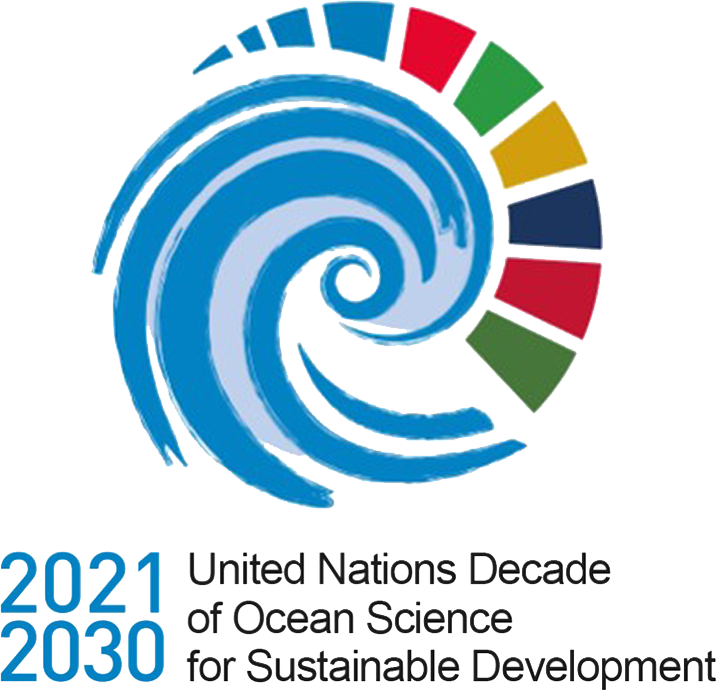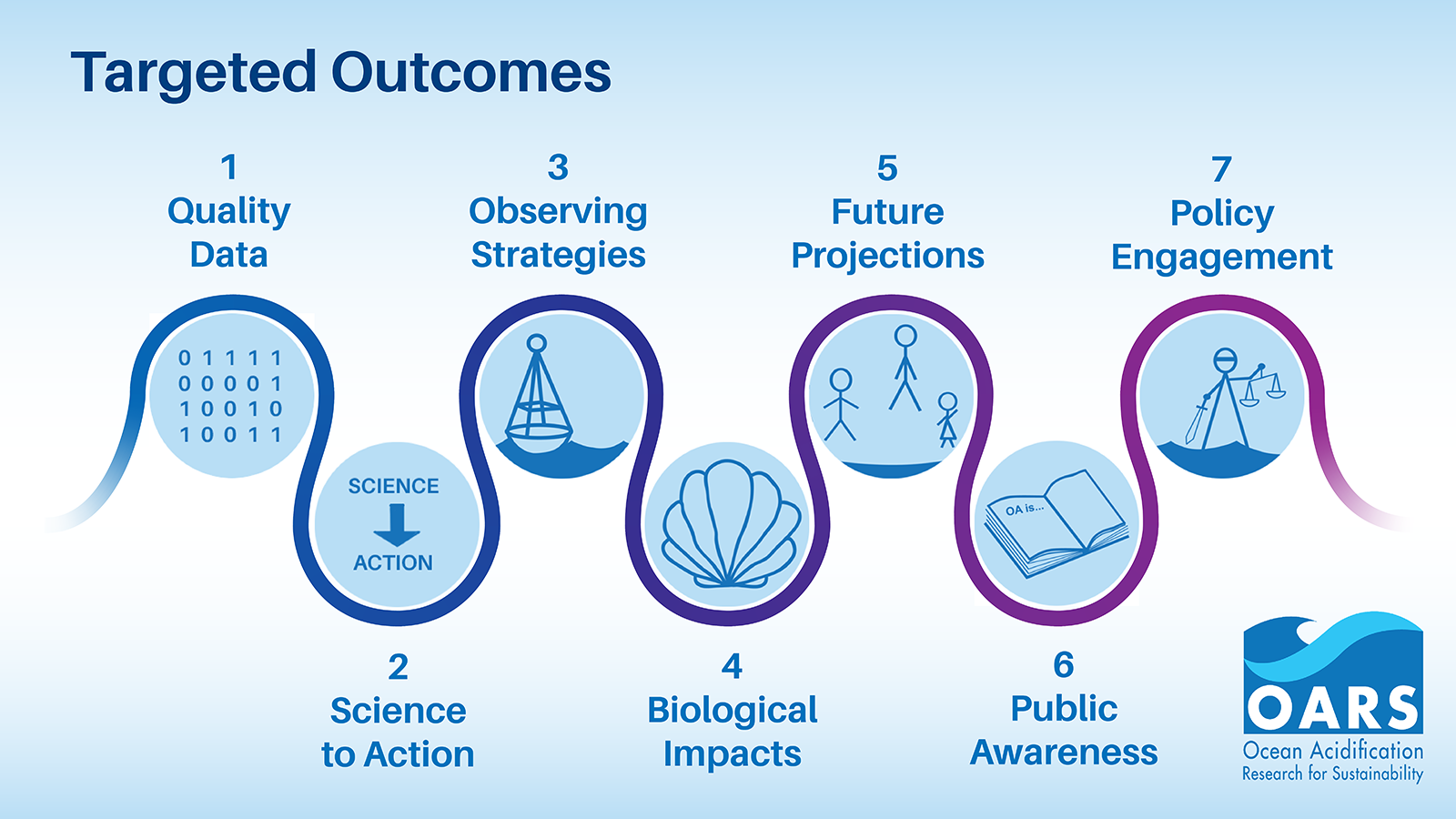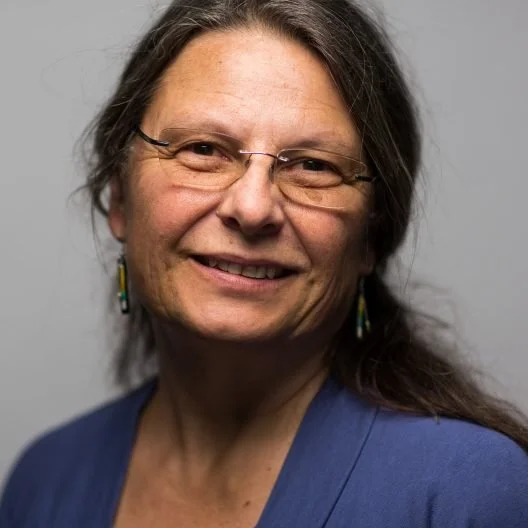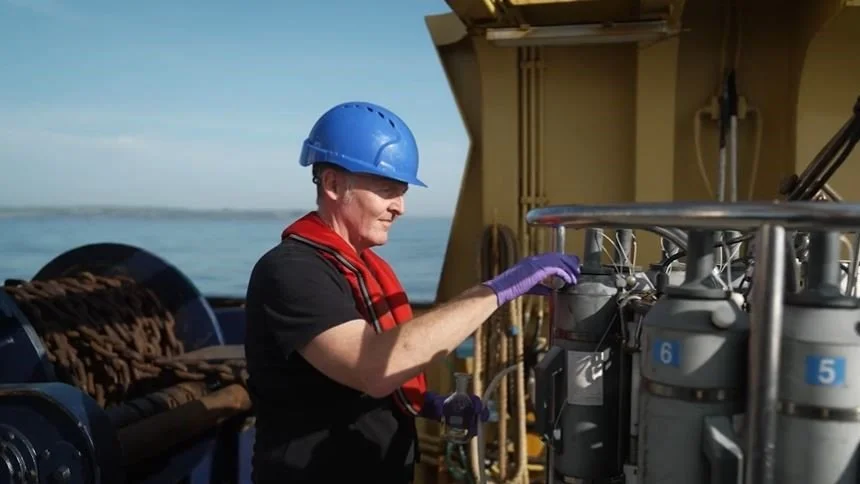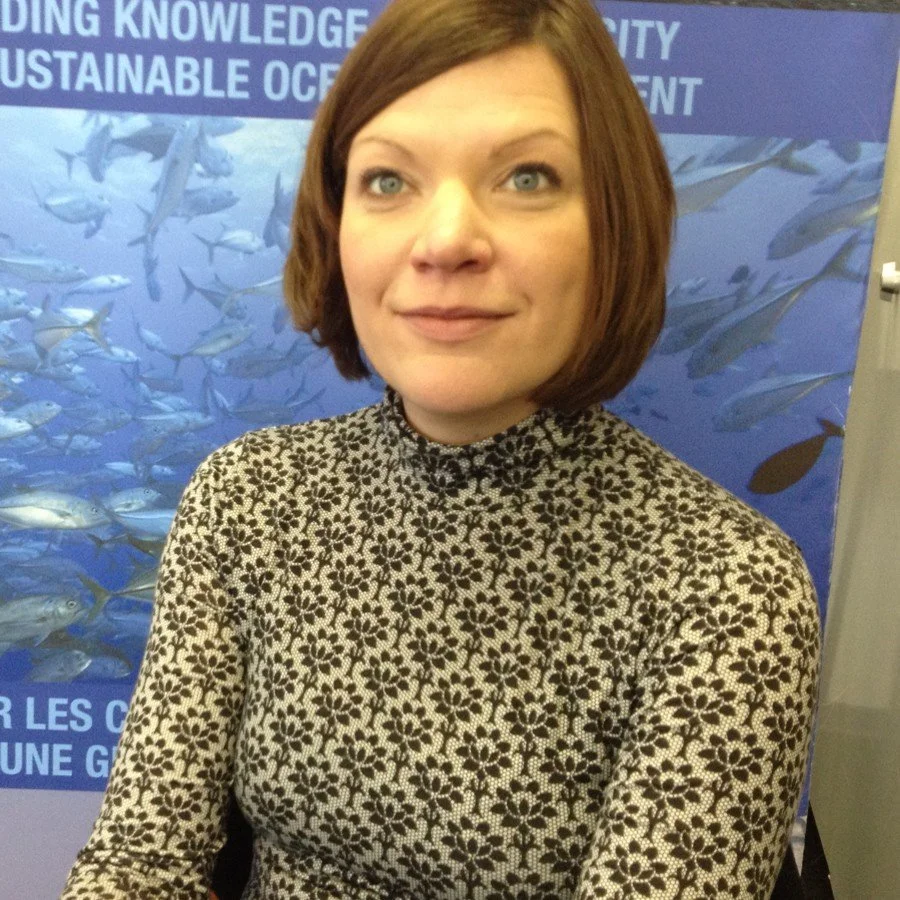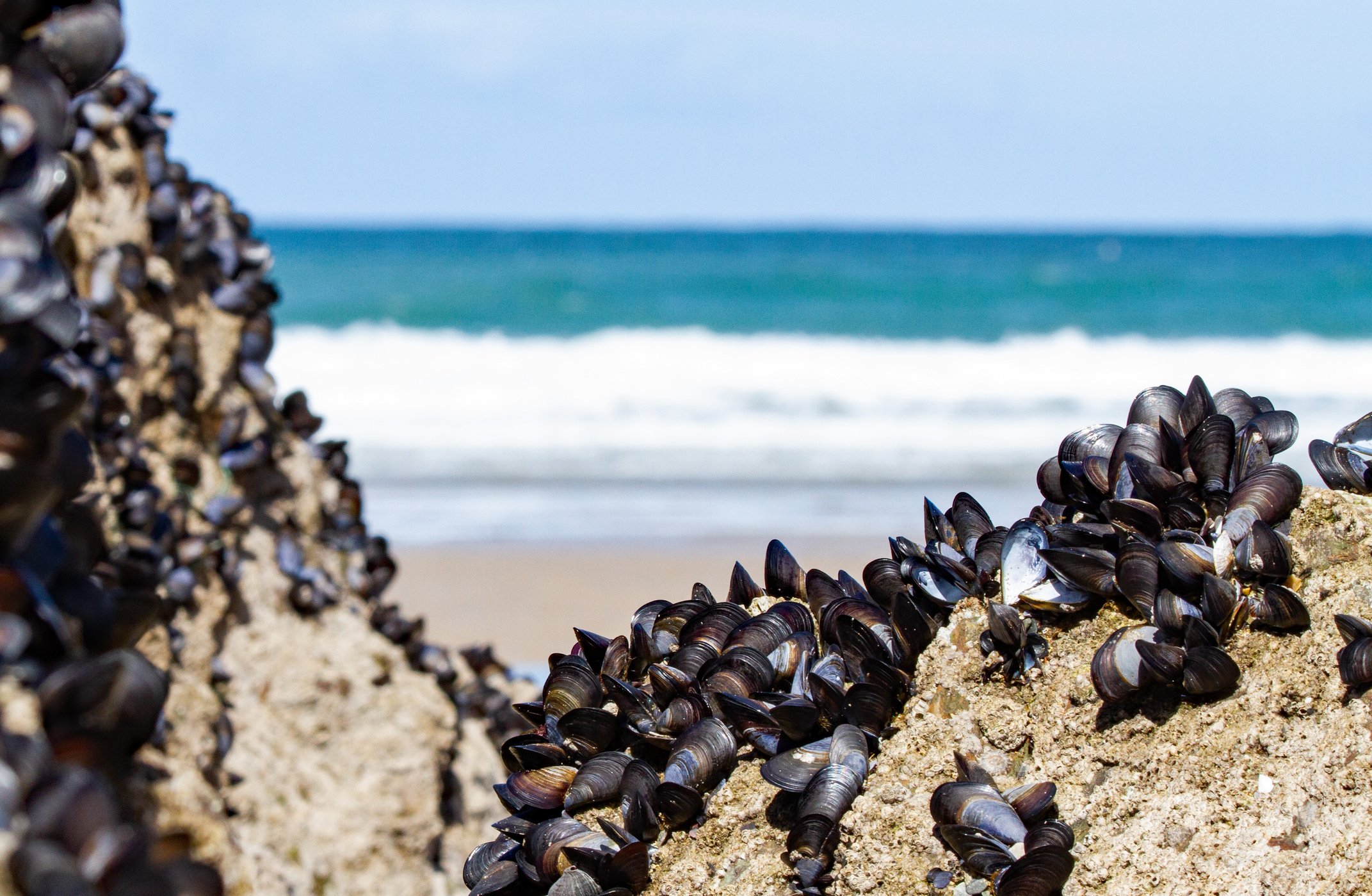
WELCOME TO THE OARS COMMUNITY
Welcome to the Ocean Acidification Research for Sustainability (OARS) programme, a UN Ocean Decade endorsed programme building on the work of the Global Ocean Acidification Observing Network (GOA-ON) and the broad ocean acidification community to foster the development of ocean acidification science. The OARS community is a network of scientists and other ocean professionals dedicated to understanding the challenges posed by an acidifying ocean and reducing the impacts of OA.
Aligned with Sustainable Development Goal Target 14.3, OARS is dedicated to minimising and addressing the impacts of Ocean Acidification (OA) through enhanced cooperation at all levels. We are creating a network of scientists and other ocean professionals to provide systematic evidence of how ocean acidification is changing the chemistry of our oceans, how these changes impact the sustainability of marine ecosystems, and use this knowledge to underpin better management of marine resources. Through our efforts, we aim to foster collaboration and capacity-building and bridge the gap between cutting-edge research and practical applications.
The OARS programme aims to provide systematic evidence of the impacts of ocean acidification on the sustainability of marine ecosystems, enhance ocean acidification capacity, increase observations of ocean chemistry changes, enhance the communication to policy makers and communities by providing the information needed to mitigate and adapt to ocean acidification, and to facilitate the development and evaluation of strategies to offset future impacts.
OARS DECADE ACTION OUTCOMES
OARS presents seven outcomes for the decade to achieve the success we need to better address ocean acidification. Building on the success and lessons learned from the work of GOA-ON in supporting the ocean acidification community, OARS will expand to address broader community needs, such as improving understanding of interactions of OA with multiple ocean stressors and increasing engagement with specific regions, industry, and policy makers.
OARS partners aim to achieve the following outcomes by 2030:
-
The scientific community will provide ocean acidification data and evidence of known quality via capacity development, mentoring of early career researchers, facilitating data sharing, growing regional collaborations, and increased communication through meetings and workshops, allowing for a holistic analysis considering all stakeholder perspectives.
-
Data and evidence needs for mitigation and adaptation strategies will be identified and prioritised, from local to global. These needs are communicated to the scientific and science policy community to ensure that science is prioritised.
-
Observing strategies are co-designed and implemented in collaboration with data/information producers and end-users. Factors limiting collection of data are identified and solutions are implemented. Observing strategies are proactively designed and implemented to ensure vulnerable areas are adequately monitored. Ocean acidification baseline information is available for newly developed carbon removal strategies.
-
Ocean acidification impacts on marine organisms and ecosystems is better understood to protect marine life. Biological observation is implemented within ocean acidification monitoring, providing the possibility to improve predictions of vulnerability and resilience to ocean acidification at all temporal and spatial scales.
-
Appropriate, societally relevant predictions and projections of ocean acidification trends and impacts are available for all ocean ‘users’, employing new technologies such as digital twins, to support adaptation and mitigation actions and strategies.
-
The public are more informed about ocean acidification, its sources, and impacts, achieved via ocean literacy and public outreach.
-
Strategies and solutions exist that enable countries and regions to include ocean acidification evidence in their respective policy and legislation.
United Nations Decade of Ocean Science
On 5 December 2017, the United Nations proclaimed a Decade of Ocean Science for Sustainable Development, to be held from 2021 to 2030.
The Ocean Decade provides a convening framework for scientists and stakeholders from diverse sectors to develop the scientific knowledge and the partnerships needed to accelerate and harness advances in ocean science to achieve a better understanding of the ocean system, and deliver science-based solutions to achieve the 2030 Agenda.
The vision of the Ocean Decade is "the science we need for the ocean we want". The Decade will provide a "once in a lifetime" opportunity to create a new foundation, across the science-policy interface, to strengthen the management of our oceans and coasts for the benefit of humanity.
Under the Ocean Decade Framework, Ocean Decade Challenges, Decade Objectives and Decade Actions will contribute to addressing and achieving the Decade Outcomes.
The Ocean Decade Implementation Plan (Summary) identifies seven Decade Outcomes for the Ocean we want at the end of the Ocean Decade. The Outcomes describe both the desired state of the ocean and the desired state of society’s use of, and interaction with, the ocean.
Ocean Acidification Research for Sustainability: A Community Vision for the Ocean Decade
This technical report is a collection of white papers that outline in seven Outcome Chapters the OARS programme, highlighting the key outputs and products, describing the research and outreach activities and identifying the key inputs and partners necessary to successfully implement each Outcome.
Professor Steve Widdicombe, University of Khorfakkan
“Across our planet, ocean acidification poses a real, and rapidly accelerating, threat to marine ecosystems and the people who depend on those ecosystems for their wellbeing and livelihoods. To meet this challenge we all need to act, from individuals and small groups to large multi-national organisations and governments. By publicly committing your action to OARS you not only show your own intention to address the growing ocean acidification crisis, but you also inspire others to join you and identify their own contributions. Whatever you can contribute, no matter how small it may seem, every single action counts and we welcome you all to become a part of delivering the ambitions and outcomes of the OARS UN Ocean Decade programme.”
OARS CO-CHAIRS
Professor Jan Newton, University of Washington
“Reflecting on the vital role of the ocean to humans, the UN Ocean Decade offers a time to step up and engage such that we can make a difference to the future of how ocean acidification will play out. The UN-endorsed programme Ocean Acidification Research for Sustainability or OARS has identified seven outcomes, with pathways forward in each guided by community input, that collectively can illuminate and address impacts of ocean acidification. Now is the time to rally to see what you, what all of us, can do to help implement this effort.”
Dr. Kirsten Isensee, IOC UNESCO
“Detecting ocean acidification is a first step, but in order to be able to combat its impacts we have to develop new strategies, addressing the causes, and ways to mitigate and adapt. Ocean acidification research co-developed by a variety of stakeholders is essential to safeguarding a thriving ocean—one that sustains livelihoods for billions. Join OARS and become part of a community as diverse as the solutions required for meaningful change.”

